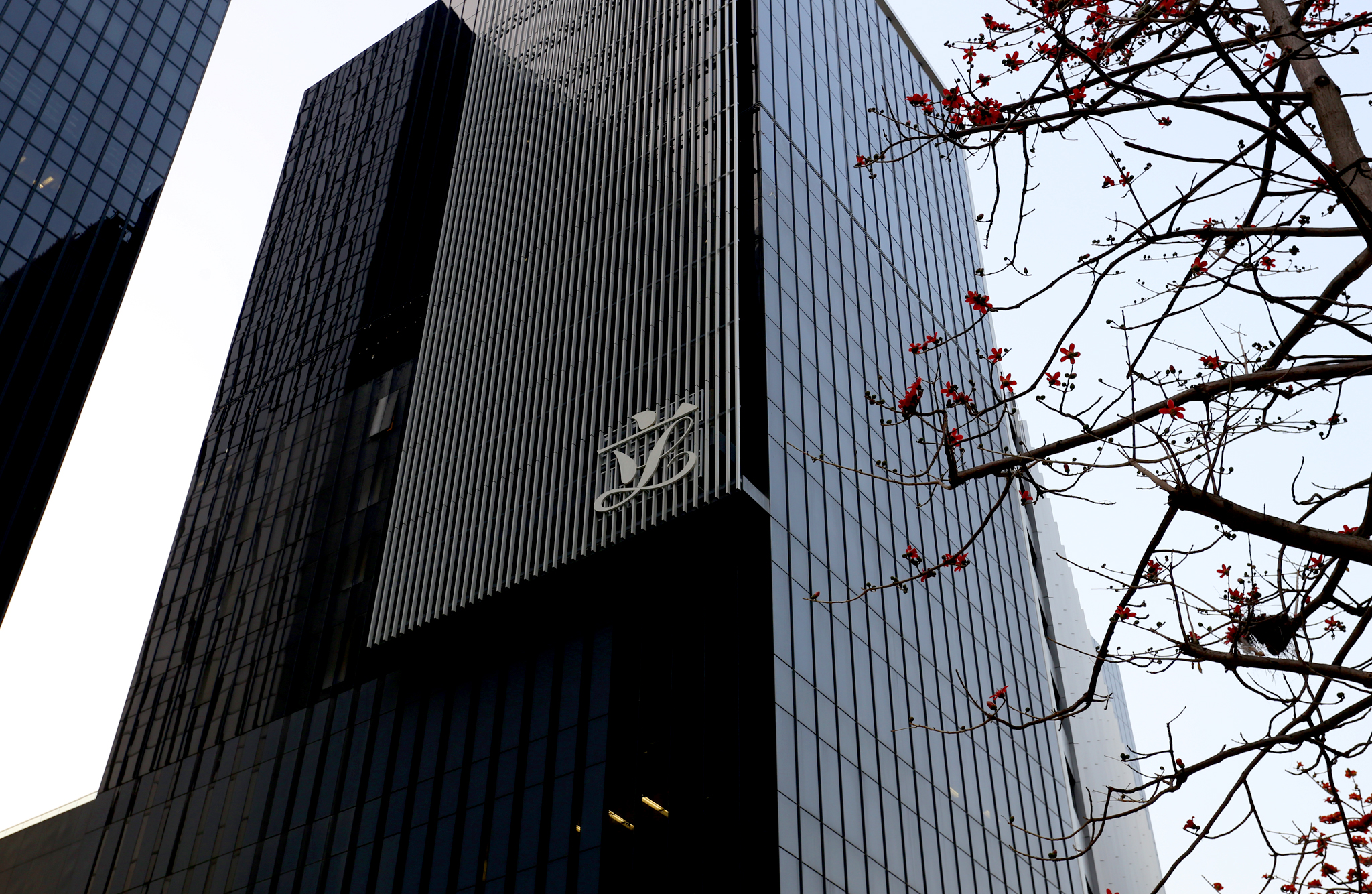
The Legislative Council on Wednesday approved a bill to raise the air passenger departure tax to HK$200 ($25.52) from HK$120, effective on Oct 1.
The increase is expected to generate an additional HK$1.6 billion in annual revenue, according to estimates by the special administrative region government.
This marks the first hike in 21 years — since the tax was increased from HK$80 in January 2004.
Flight tickets purchased before Oct 1 will not be subject to the increase. Exemptions apply to children under 12, direct transit passengers, and passengers arriving and departing Hong Kong within the same calendar day.
The SAR government, in a statement, welcomed the passage of the bill, saying that the government had carefully balanced revenue needs with the potential effect on travelers when proposing the increase.
Speaking at the bill’s second reading, the acting secretary for financial services and the Treasury, Joseph Chan Ho-lim, said that the increase reflects the cumulative inflation rate over the past 20 years, and will have minimal effect on overall travel expenses.
During the voting, 77 lawmakers supported the bill, two voted against it, and five abstained. The amendment requires signing by the chief executive and gazettal before taking effect.
ALSO READ: HK pension regulator won’t amend rules for US Treasurys investment
During the debate, lawmaker Doreen Kong Yuk-foon said that the current tax rate is low compared with other world-class international airports. She said the adjustment is reasonable to ensure a fair cost-sharing, given the airport’s recent expansion and efforts to improve the passenger experience.
Business sector lawmaker Martin Liao Cheung-kong also supported the increase, saying that previous tax hikes at Japanese airports — a popular destination for Hong Kong travelers — did not deter visitors.
He said that the tax amount is not a primary factor influencing travel decisions, and urged the government to focus on strengthening Hong Kong’s tourism brand to attract more visitors.
Some legislators expressed concerns that the tax hike may harm Hong Kong’s standing as an aviation hub. Lawmaker Michael Lee Chun-keung warned that higher costs could deter low-cost air carriers from expanding routes to include Hong Kong, and push travelers to choose alternative airports.
Perry Yiu Pak-leung, who represents the tourism sector in the legislature, opposed the bill, saying that full recovery of passenger volumes to pre-pandemic levels may not occur until 2027. He described the tax increase as a policy that “works against (the city’s) recovery goals”.
ALSO READ: Govt considers law to enhance food deliverers’ rights, benefits
Legislator Gary Zhang Xinyu also said that maintaining Hong Kong’s status as an international aviation hub should take precedence over short-term fiscal gains.
“Many residents are already choosing Shenzhen Airport — this is a reality the government must address,” he said.
Government official Chan said that after considering lawmakers’ opinions and stakeholder feedback, the government plans to waive departure tax charges for airline passengers who enter and leave Hong Kong within 48 hours.
The exemption will include passengers arriving via land and sea ports for transfers, aiming to attract more passengers — especiallythose from other parts of the Guangdong-Hong Kong-Macao Greater Bay Area — to use Hong Kong International Airport for transfers and to make the airport more competitive, he said.
Subsidiary legislation will be drafted speedily and submitted to the legislature, so that the two exemptions can be implemented alongside the new departure tax, Chan added.


